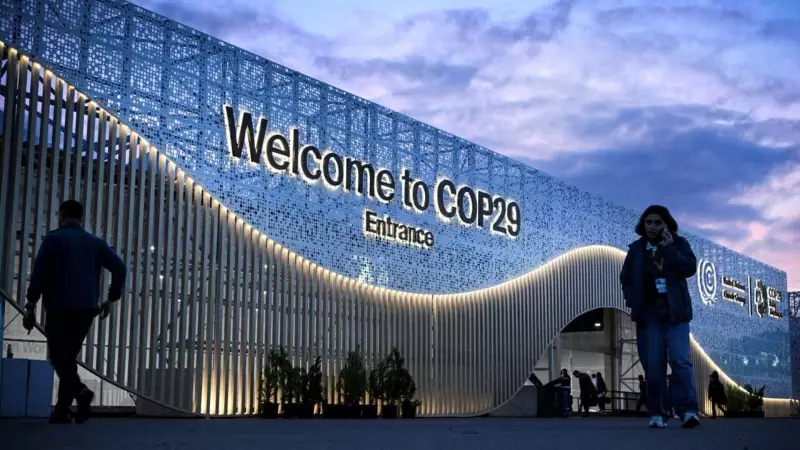
The United Nations climate negotiations, intended to save our planet from catastrophic warming, are being systematically infiltrated by the very industry causing the crisis. Recent revelations expose how fossil fuel lobbyists have gained unprecedented access and influence in climate talks, raising alarming questions about whose interests are truly being served.
The Corporate Takeover of Climate Diplomacy
At COP28 in Dubai, the scale of fossil fuel industry presence reached staggering proportions. Records show that over 2,400 fossil fuel lobbyists were granted access to the negotiations—outnumbering many country delegations and climate-vulnerable community representatives combined. This corporate invasion creates an inherent conflict of interest that threatens to derail meaningful climate action.
COP29: From Bad to Worse?
The situation appears poised to escalate at COP29 in Azerbaijan, a nation whose economy depends heavily on oil and gas exports. The appointment of a former oil executive as the summit's president has sparked outrage among climate activists and developing nations who fear the talks will prioritize corporate profits over planetary survival.
India's Crucial Role in the Climate Battle
As the potential host for COP30, India stands at a critical crossroads. The world's most populous democracy has the opportunity to demonstrate true climate leadership by:
- Advocating for stricter conflict-of-interest policies
- Pushing for transparency in delegation compositions
- Ensuring vulnerable nations have equal representation
- Championing the phase-out of fossil fuels rather than mere reduction
India's growing renewable energy sector and vulnerability to climate impacts position it uniquely to lead the Global South in demanding genuine climate solutions.
The Systemic Problem: When Foxes Guard Henhouses
The fundamental issue lies in the UNFCCC's current guidelines, which allow industry representatives to participate as 'business stakeholders' without adequate safeguards. This has created a system where:
- Oil and gas companies can directly influence policy decisions
- Climate solutions are diluted to protect fossil fuel interests
- Developing nations face unequal bargaining power
- Scientific urgency is compromised by economic interests
What's at Stake for Our Planet?
With each passing climate summit, the window for limiting global warming to 1.5°C narrows. The interference of fossil fuel interests in these critical negotiations represents not just a conflict of interest, but a direct threat to global climate security. As one climate advocate starkly put it: "We cannot solve the climate crisis with the same industry that created it writing the rules."
The integrity of the entire UN climate process hangs in the balance. Without immediate reforms to exclude fossil fuel influence, future COPs risk becoming mere talking shops that legitimize business-as-usual while the planet burns.





